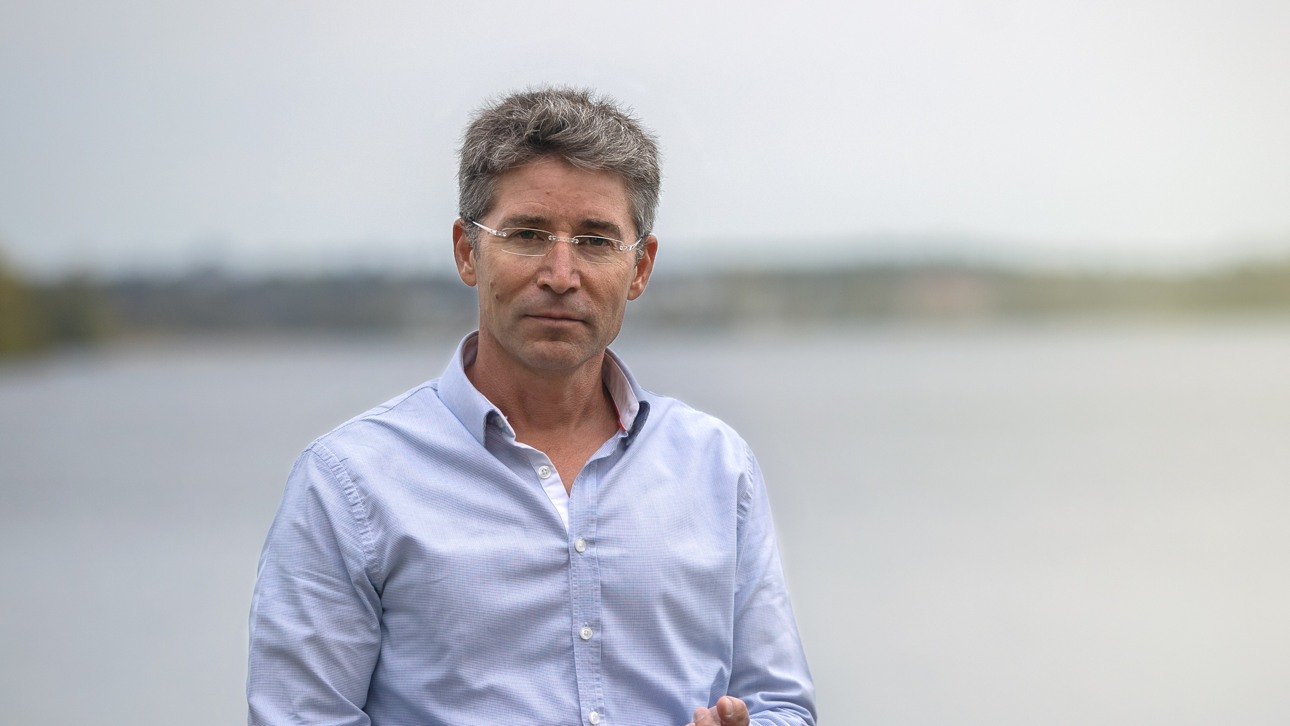
Ash2Phos – pioneering patent for vital nutrient
Once used, a large proportion of virgin phosphorus, classified by the EU as a critical raw material, is to be found in sewage sludge. EasyMining's pioneering Ash2Phos patent makes phosphorus circular by recovering it from the ash after the sludge has been incinerated. The end product is pure, recycled phosphorus that can replace virgin phosphorus in commercial products.
09 Sep 2020To understand how pioneering and important the Ash2Phos process is, you have to understand how vital phosphorus is. As Yariv Cohen, Head of Research and Development at EasyMining and the brains behind the unique Ash2Phos patent, puts it:
– Without phosphorus there is no life. All energy transfer in biological systems is based on phosphorus chemistry. The fact that we can move at all is thanks to phosphorus.
To ensure that the world's population ingests phosphorus, the essential substance is added via mineral fertiliser. The phosphorus is mined, mainly in Western Sahara, and processed into fertilisers for subsequent use in agriculture for producing food.
– There are a number of problems associated with phosphorus mining. Firstly, the phosphorus deposits have a limited lifespan and will quite simply run out. Secondly, the world is largely dependent on one country, Morocco includnig Western Sahara, where 70 percent of all known phosphorus deposits are located, which is also a political problem in itself. Finally, most phosphorus deposits are contaminated with cadmium, which is a major problem as exposure to cadmium can lead to several diseases including osteoporosis and cancer, Yariv says.
 Yariv Cohen is one of the founder of EasyMining and the brains behind the unique Ash2Phos patent.
Yariv Cohen is one of the founder of EasyMining and the brains behind the unique Ash2Phos patent.
Phosphorus is present in sewage sludge
Countries in Europe are 90 percent dependent on importing phosphorus, which the EU classifies as a critical raw material. Recycling and restoration of phosphorus is consequently a central and important issue. A large proportion of phosphorus ends up via the toilet in sewage works and ultimately in sewage sludge. In some countries, sewage sludge is spread on the fields in order to restore phosphorus, but in certain countries it is forbidden. There are also logistics problems in transporting the sludge, which is also expensive. Many countries therefore choose to incinerate the sewage sludge, which is then reduced by 90 percent and simultaneously destroys organic pollutants and microplastics.
Extract pure phosphorus from sludge ashes
Incinerating the sewage sludge produces ash – where all the important phosphorus ends up. Sludge ash is still being deposited due to its high content of heavy metals and other contaminants. With an increasing number of countries, led by Germany, legislating to recover phosphorus from sewage sludge and sludge ash, the demand for techniques which can extract phosphorus is becoming ever greater.
– We have produced the Ash2Phos process in order to resolve the problems involved in recycling phosphorus. The process entails dissolving the sewage sludge in acid. We are then able to separate and extract phosphorus in a pure form, which can be used as fertiliser or in animal feed. We detoxify and separate the heavy metals, which are deposited, and also extract iron and aluminium which can be reused in commercial products, Yariv reports.
Patent which makes a difference
The Ash2Phos technology detoxifies the sewage sludge ashes at the same time as phosphorus is recovered, becoming circular. The end product is a pure, recycled phosphorus, which is moreover free of cadmium. The recovered phosphorus can replace virgin phosphorus in commercial products.
– We can thus close the cycle for phosphorus. I have been working on this for over 20 years and it feels good to develop a solution for this unique process which will make a difference in the future. We are continuing to work on our pilot tests and are preparing to build a full-scale plant, says Yariv Cohen, who has a PhD in phosphorus extraction from ash, mine waste and sewage sludge from the Swedish University of Agricultural Sciences, SLU, in Uppsala.
